The world of exotic pet ownership can be both exciting and ethically complicated. While the allure of having a unique animal companion is undeniable, the responsibility of ensuring your new pet comes from a humane, legal source is paramount. The exotic pet trade has long been associated with wildlife trafficking, animal welfare concerns, and ecological damage. However, with proper research and due diligence, it’s possible to find reputable sources that prioritize animal welfare and conservation efforts. This article will guide you through the essential steps to take when considering an exotic pet purchase, helping you make an informed and ethical decision that benefits both you and the animal kingdom.
Understanding What Constitutes an Exotic Pet
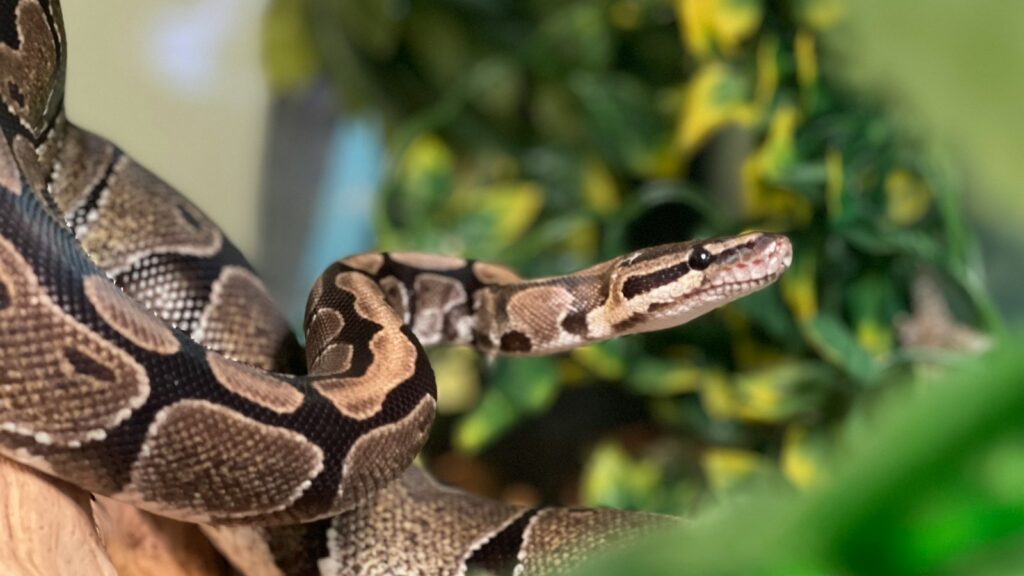
Before embarking on your journey to find a responsible exotic pet source, it’s crucial to understand what exactly falls under the “exotic” category. Exotic pets generally include any wild animal kept within a human household that isn’t a traditional domesticated species like cats, dogs, or common farm animals. This broad classification encompasses reptiles such as bearded dragons and ball pythons, birds like macaws and cockatoos, small mammals including sugar gliders and hedgehogs, amphibians like poison dart frogs, and even certain arthropods such as tarantulas and scorpions. Each exotic species comes with its own specific care requirements, legal considerations, and ethical implications. Understanding these distinctions is the first step toward responsible exotic pet ownership, as different types of exotics require varying levels of specialized care and may be subject to different regulations.
Researching Legal Requirements in Your Area

Legal requirements for exotic pet ownership vary dramatically from one location to another, making thorough research essential before making any purchase. Some jurisdictions ban certain species outright, while others may require special permits, licensing, or registration for exotic animals. In the United States, regulations can differ at federal, state, county, and even city levels, creating a complex patchwork of laws that prospective owners must navigate. Beyond geographic restrictions, housing arrangements might also impact what you’re legally allowed to keep—many apartment complexes and homeowners’ associations have their own rules regarding exotic pets. Before setting your heart on a particular species, contact your local wildlife or animal control department, as well as any relevant homeowners’ association, to verify the legality of your desired pet. Failing to comply with these regulations could result in fines, confiscation of your pet, or even criminal charges in some cases.
Identifying Red Flags in Exotic Pet Sales
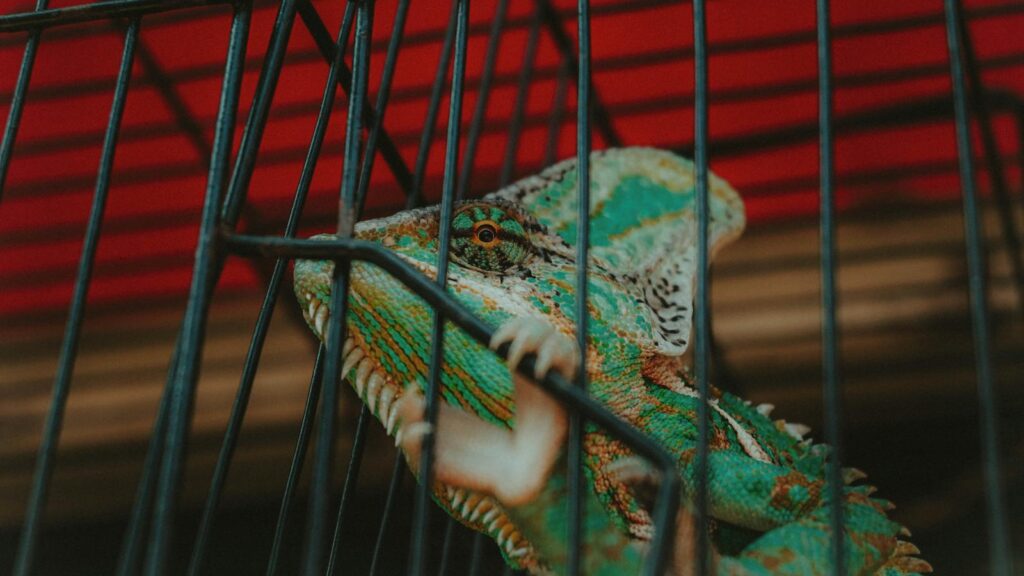
Learning to recognize warning signs of unethical or illegal exotic pet sources is crucial for responsible ownership. One major red flag is a seller who seems reluctant or unable to provide detailed information about an animal’s origin, health history, or care requirements. Suspiciously low prices compared to market standards often indicate something is amiss, potentially reflecting poor care conditions or illegal acquisition methods. Be wary of vendors who push for quick sales or discourage you from visiting their facility before purchase—reputable breeders and sellers typically welcome visits from prospective owners. Another concerning sign is when sellers can’t or won’t provide proper documentation, including health certificates, CITES permits for internationally regulated species, or breeding records. Additionally, if you notice animals being kept in unsuitable conditions, showing signs of stress or illness, or if the seller has an unusually large inventory of rare species, these are all significant warning signs that should prompt you to look elsewhere.
Seeking Out Reputable Breeders

Reputable breeders represent one of the best sources for ethically sourced exotic pets, particularly for species that breed well in captivity. Responsible breeders typically specialize in just a few species, allowing them to develop expertise in proper husbandry and genetic health. When evaluating a breeder, look for someone who maintains clean, appropriate facilities with healthy, well-adjusted animals showing natural behaviors. Quality breeders will freely share their knowledge about the species they work with, including detailed care information, potential challenges, and realistic expectations about the animal’s needs and behaviors. They should also be willing to show you their breeding setup and introduce you to the parent animals when appropriate. Perhaps most importantly, reputable breeders demonstrate a genuine passion for the species they work with, often participating in conservation efforts, educational initiatives, or species-specific clubs and organizations. They’ll also typically offer ongoing support after purchase, remaining available to answer questions as you settle in with your new pet.
Exploring Rescue Organizations and Sanctuaries
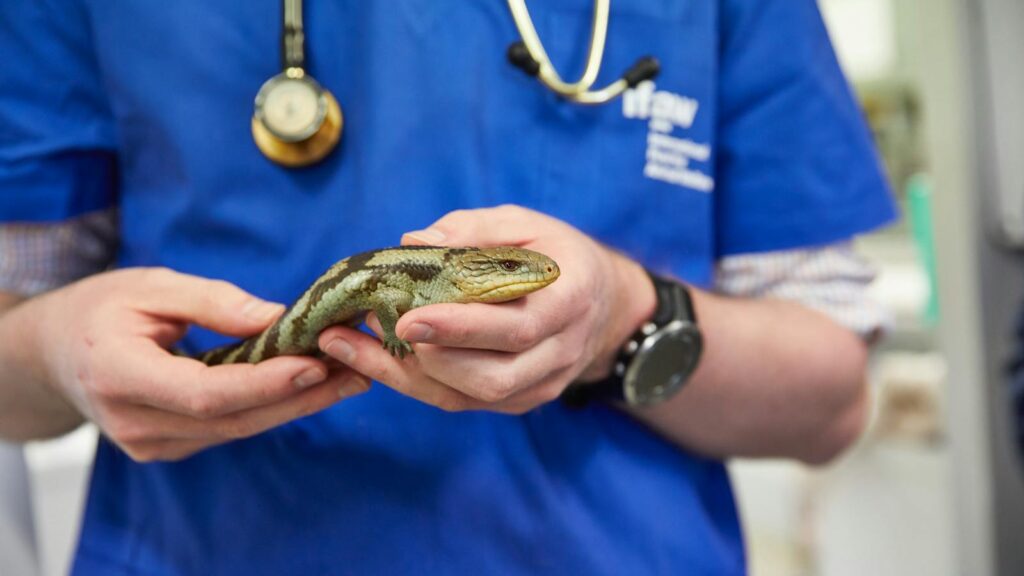
Rescue organizations and sanctuaries dedicated to exotic animals can be excellent sources for adopting pets that need new homes. Many exotic pets are surrendered by owners who underestimated the commitment required, creating opportunities for well-prepared individuals to provide these animals with second chances. Reputable rescues typically have thorough adoption processes, including detailed applications, interviews, and sometimes home inspections to ensure potential adopters can meet the animal’s needs. These organizations usually provide comprehensive information about each animal’s history, temperament, health status, and specific care requirements. Beyond providing good homes for animals in need, adopting from rescues helps discourage the problematic aspects of the exotic pet trade by reducing demand for newly captured or bred specimens. Additionally, staff at these organizations often have extensive experience with the species they rescue and can be valuable resources for guidance on proper care. Many rescues also offer post-adoption support to help ensure successful long-term placements.
Understanding the Importance of CITES Documentation

The Convention on International Trade in Endangered Species of Wild Fauna and Flora (CITES) is an international agreement designed to ensure that trade in wild animals and plants doesn’t threaten their survival. For many exotic species, CITES documentation is required to prove legal acquisition and transport across international borders. When purchasing certain exotic species, particularly those listed in CITES Appendices I, II, or III, responsible sellers should be able to provide the appropriate documentation showing the animal was legally acquired. This paperwork typically includes permits from both the exporting and importing countries, confirming that the specimen was obtained in accordance with conservation laws. For captive-bred specimens of regulated species, breeders should maintain records documenting the animal’s lineage from legally-acquired founder stock. Understanding and verifying CITES documentation is especially important for species like tortoises, parrots, and certain reptiles that are frequently targets of illegal wildlife trafficking. By insisting on proper documentation, you help combat wildlife crime and ensure your pet was ethically sourced.
Assessing Animal Health and Welfare Standards
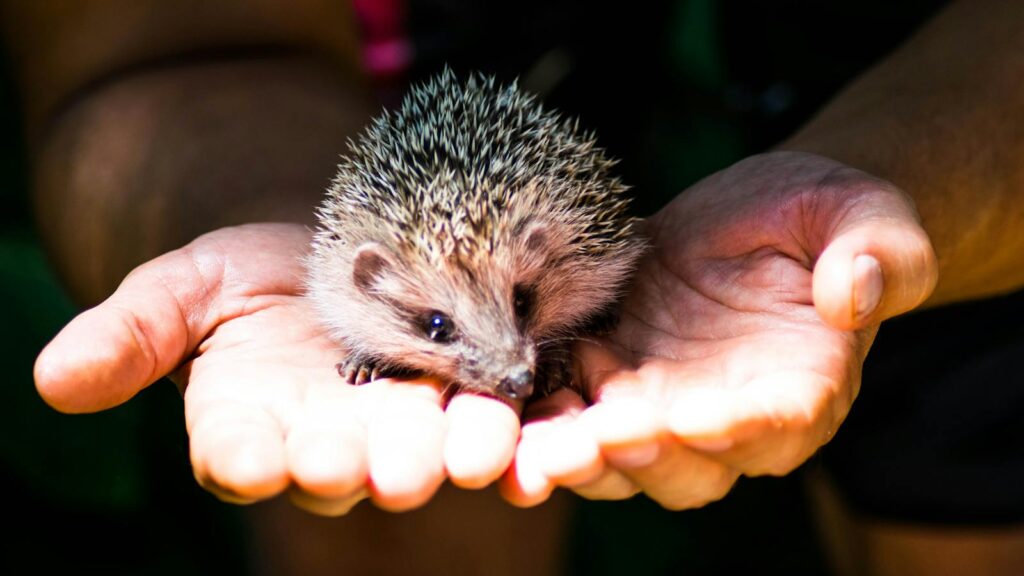
The physical and behavioral health of animals available for purchase provides crucial insights into a seller’s standards and practices. When evaluating potential sources, pay close attention to the overall condition of all animals in their care, not just the one you’re interested in purchasing. Healthy exotic animals should display appropriate weight, clear eyes, clean skin or fur, and natural alertness appropriate to their species. Observe their enclosures for cleanliness, appropriate size, proper temperature gradients, and suitable enrichment opportunities that allow for natural behaviors. Reputable sellers maintain detailed health records for each animal, including parasite testing, veterinary examinations, and any treatments administered. They should also be transparent about any health issues or special needs an animal might have. Beyond physical health, assess behavioral indicators—animals should not show signs of stress such as excessive hiding, stereotypic behaviors (repetitive, purposeless movements), or inappropriate aggression or fearfulness. A seller’s willingness to discuss both the positive aspects and challenges of the species demonstrates their commitment to animal welfare over quick sales.
Preparing for Specialized Veterinary Care

Access to appropriate veterinary care is a crucial consideration before bringing home an exotic pet, as finding qualified veterinarians for non-traditional species can be challenging in many areas. Responsible exotic pet sources will typically maintain relationships with veterinarians experienced in exotic animal medicine and should be willing to refer you to qualified professionals in your area. Before finalizing any purchase, research exotic animal veterinarians nearby and confirm they accept the species you’re considering as patients. Many exotic species require specialized knowledge, equipment, and medications that general practice veterinarians may not provide. Consider scheduling a preliminary consultation with a potential veterinarian to discuss the species’ typical health concerns, preventative care protocols, and estimated costs for routine and emergency care. Establishing this veterinary relationship before acquiring your pet allows you to create a healthcare plan and budget appropriately for expected medical expenses. Responsible sources will often include recent veterinary records with your purchase and may offer health guarantees for specific conditions, demonstrating their commitment to the animal’s well-being.
Building a Support Network of Experienced Owners

Connecting with experienced owners of your chosen exotic species provides invaluable insights that books and websites alone cannot offer. Reputable sellers often maintain or participate in community networks and may be willing to introduce you to successful long-term owners of the species you’re considering. Species-specific forums, social media groups, and hobbyist organizations can be excellent resources for finding mentors and learning about day-to-day care realities from those with firsthand experience. These communities can offer practical advice on housing setups, dietary requirements, behavioral expectations, and common challenges associated with the species. Experienced owners can also provide recommendations for trusted vendors of specialized supplies, foods, and equipment your pet will need. Additionally, building these relationships before purchase allows you to ask candid questions about the less glamorous aspects of ownership, such as maintenance requirements, associated costs, and lifestyle adjustments. A seller who encourages you to connect with the broader community of enthusiasts typically reflects confidence in their animals and a genuine interest in your long-term success as an owner.
Understanding the True Cost of Exotic Pet Ownership

Responsible exotic pet sources will be forthright about the full financial commitment involved in properly caring for your new companion throughout its entire lifespan. The initial purchase price often represents only a fraction of the total investment required for exotic pet ownership. Proper housing can be particularly expensive for many species, requiring specialized enclosures with precise temperature, humidity, and lighting controls, which also consume ongoing electricity. Dietary needs may include specialized foods, supplements, and feeding equipment, which can be costly and sometimes difficult to source. Regular veterinary care for exotic species typically exceeds that of conventional pets, with higher examination fees and more specialized diagnostic procedures. Emergency medical situations can quickly escalate into thousands of dollars in treatment costs, making emergency funds or exotic pet insurance important considerations. Responsible sellers will discuss these realities with you frankly, helping you understand both the immediate and long-term financial commitment required for proper care. Be wary of sources that minimize or gloss over the true costs of ownership, as this may indicate they prioritize sales over animal welfare.
Requesting and Verifying References
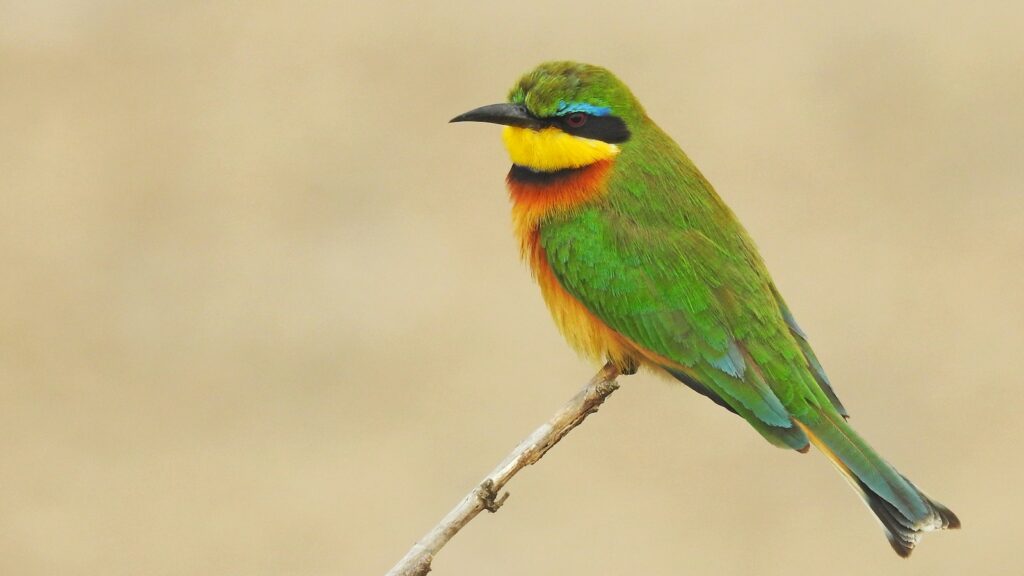
A hallmark of reputable exotic pet sources is their willingness to provide references from previous customers, veterinarians, and other professionals in the exotic animal community. Don’t hesitate to request these references and actually contact them to inquire about their experiences with the seller or breeder. When speaking with previous customers, ask specific questions about the health and temperament of animals they purchased, the accuracy of information provided by the seller, and whether they received adequate support after the sale. Veterinary references can confirm that the seller regularly seeks appropriate medical care for their animals and follows recommended protocols for preventative health. Fellow breeders or exotic animal professionals can offer insights into the seller’s reputation within the industry, their breeding practices, and their contributions to conservation or educational efforts. Legitimate references should be able to provide detailed responses about their interactions rather than vague endorsements. Be wary if a seller claims to have many satisfied customers but is unwilling or unable to connect you with any of them, as this could indicate fabricated or exaggerated claims about their business practices.
Considering the Environmental Impact

Ethical exotic pet ownership includes understanding and minimizing the environmental impact of your choice, and responsible sources will be transparent about how their practices affect wild populations and ecosystems. For species that can be legally collected from the wild, reputable sources will explain sustainable collection practices, quotas, and habitat conservation efforts associated with their procurement methods. For captive-bred animals, ethical breeders often participate in organized breeding programs that reduce pressure on wild populations while maintaining genetic diversity in captive stocks. Some species are involved in conservation breeding programs where responsible captive breeding can actually support conservation efforts for threatened species. Before purchasing, research the conservation status of your desired species using resources like the IUCN Red List, and understand how the trade in these animals affects wild populations. Responsible sources will be knowledgeable about these issues and able to explain how their business practices align with conservation principles. They should also provide education about preventing the release of non-native species into local ecosystems, as introduced exotic pets can become invasive species with devastating environmental consequences.
Making the Final Decision
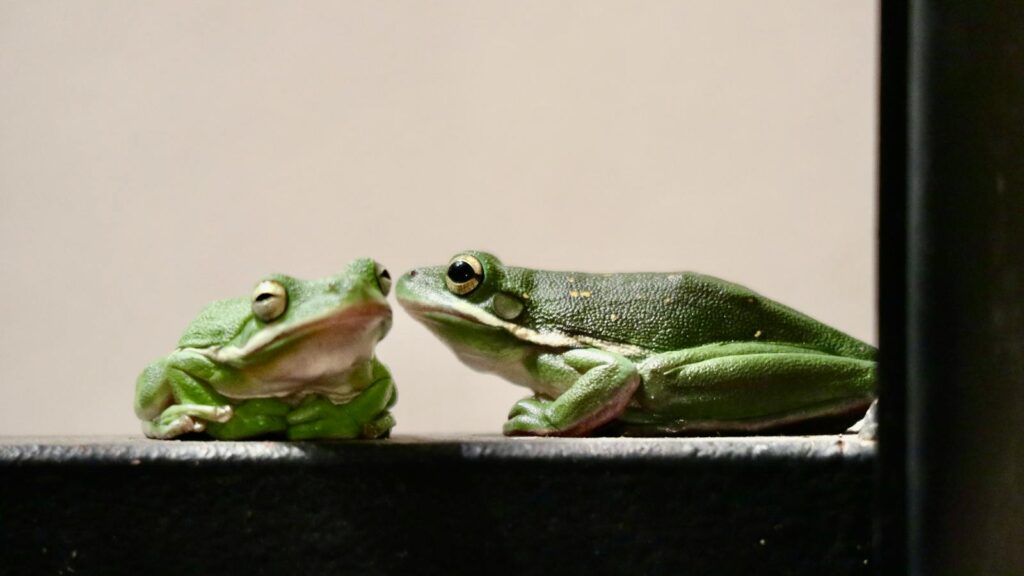
After thoroughly researching species requirements, legal considerations, and potential sources, the final decision requires careful reflection on both practical and ethical considerations. Create a detailed assessment of your preparedness by evaluating your living situation, time availability, financial resources, and long-term stability against the specific needs of your chosen species. Consider how the animal will fit into your life not just now, but over its entire lifespan, which for many exotic species can extend decades. Reflect honestly on your motivations for wanting an exotic pet, ensuring they’re grounded in genuine appreciation for the species rather than novelty or status. Once you’ve identified a responsible source, take time to build a relationship with them before making a purchase, asking detailed questions and expressing any concerns. A truly ethical seller will respect this deliberate approach and may even encourage you to take more time if they sense you’re not fully prepared. Remember that walking away from a purchase that doesn’t feel right ethically is always a valid choice, even if it means delaying your plans to become an exotic pet owner.
The journey to responsible exotic pet ownership begins long before you bring your new companion home. By thoroughly researching species requirements, understanding legal obligations, identifying ethical sources, and preparing appropriately for long-term care, you set the foundation for a rewarding relationship that respects both the animal’s welfare and conservation principles. Responsible sellers and breeders serve as valuable allies in this process, providing education, support, and ethically-sourced animals that have been properly raised and cared for. While finding such sources requires diligence and patience, the effort ensures you’re contributing positively to the exotic pet community rather than supporting practices that harm animals and ecosystems. Remember that ethical exotic pet ownership extends beyond the initial purchase to include proper lifelong care, responsible containment, and education of others about respectful animal stewardship. By committing to these principles, you can enjoy the unique privilege of sharing your life with an extraordinary animal while knowing you’ve made choices that support, rather than detract from, animal welfare and conservation efforts worldwide.
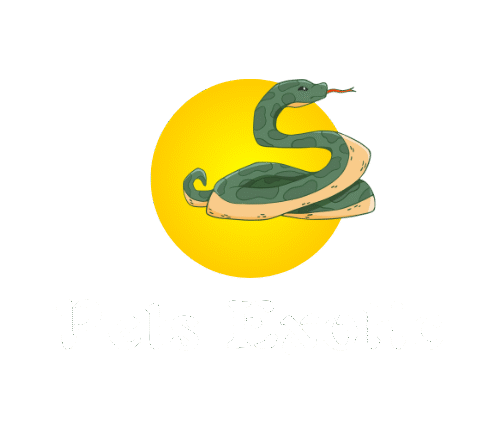
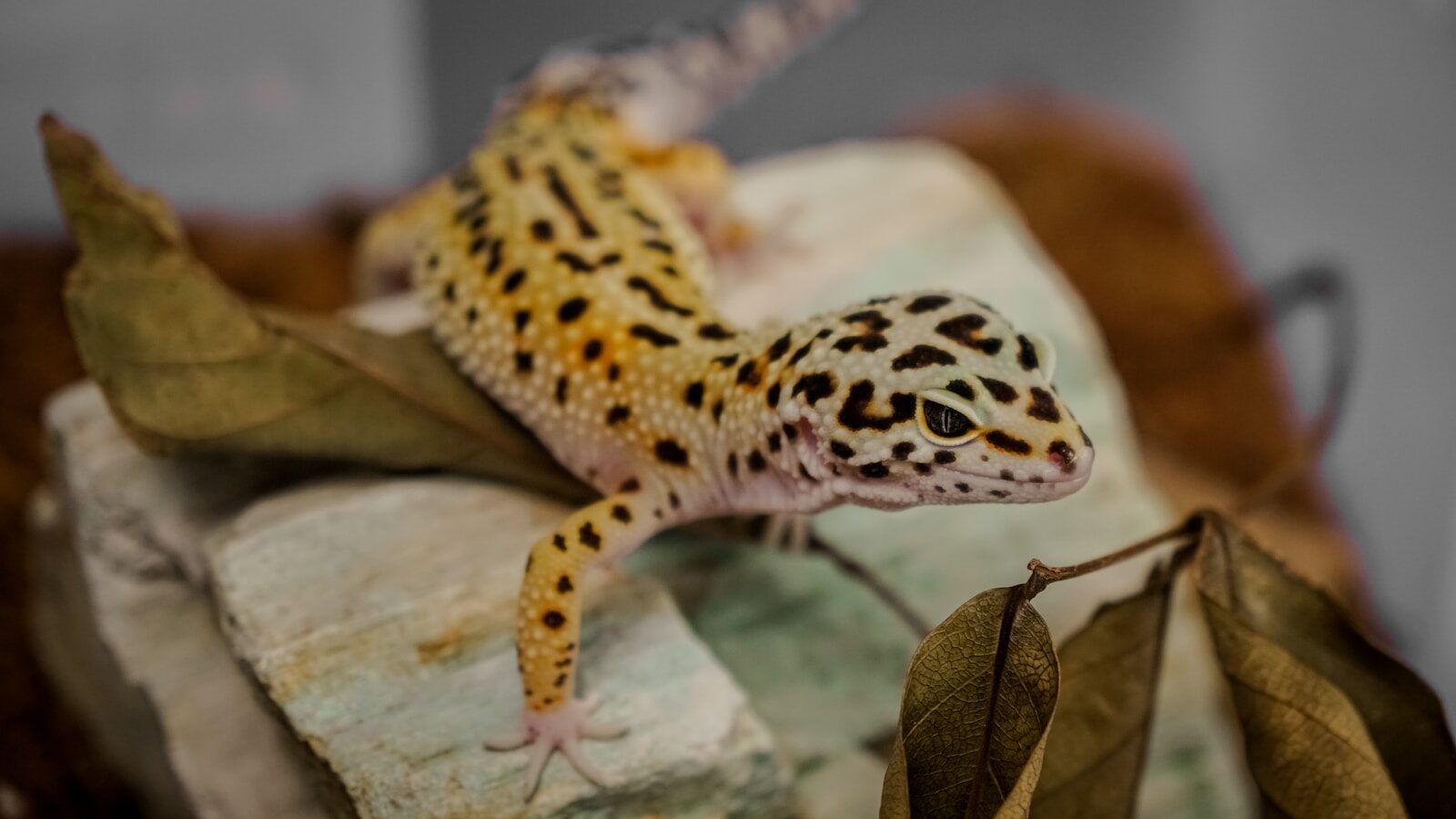
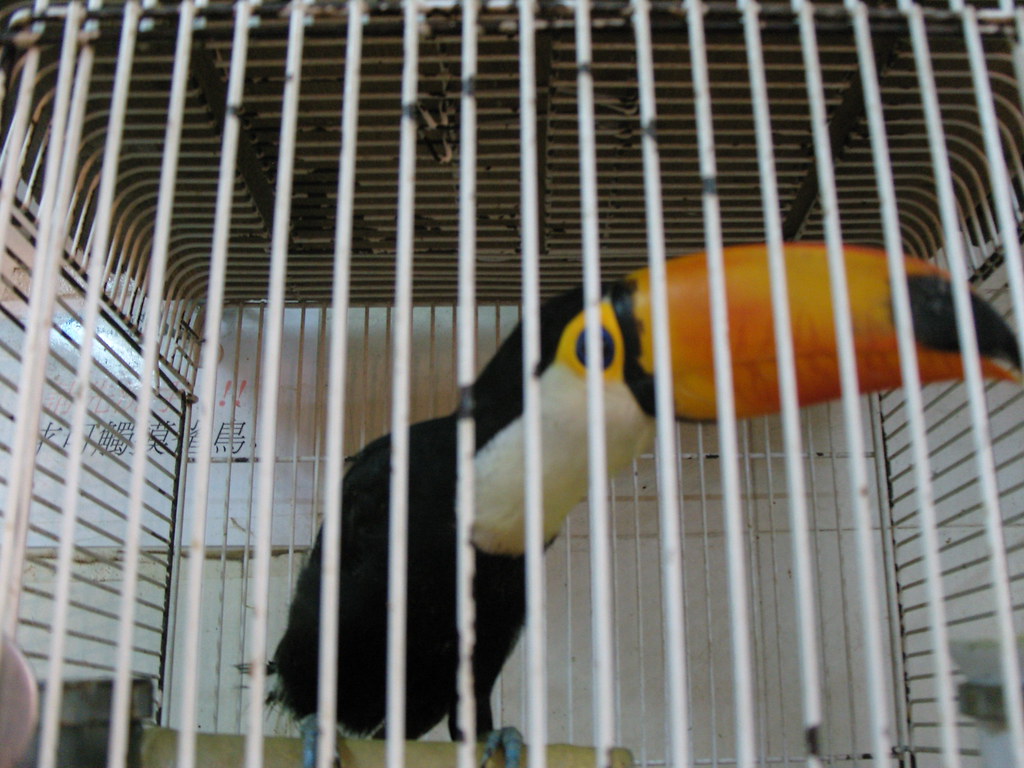
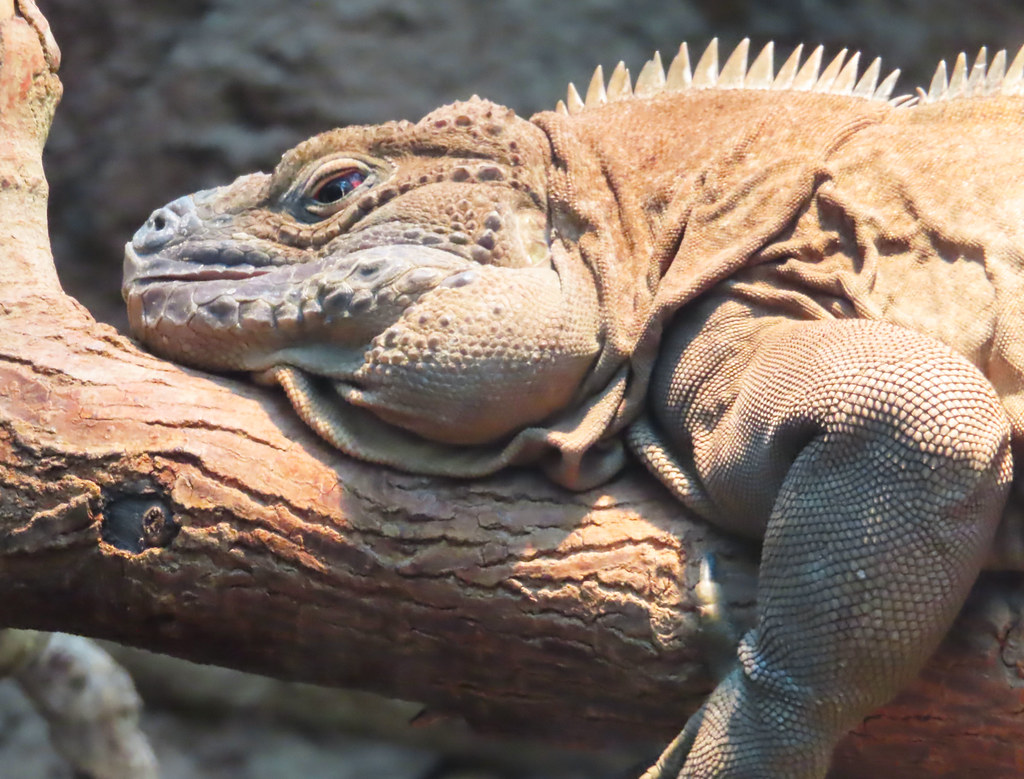

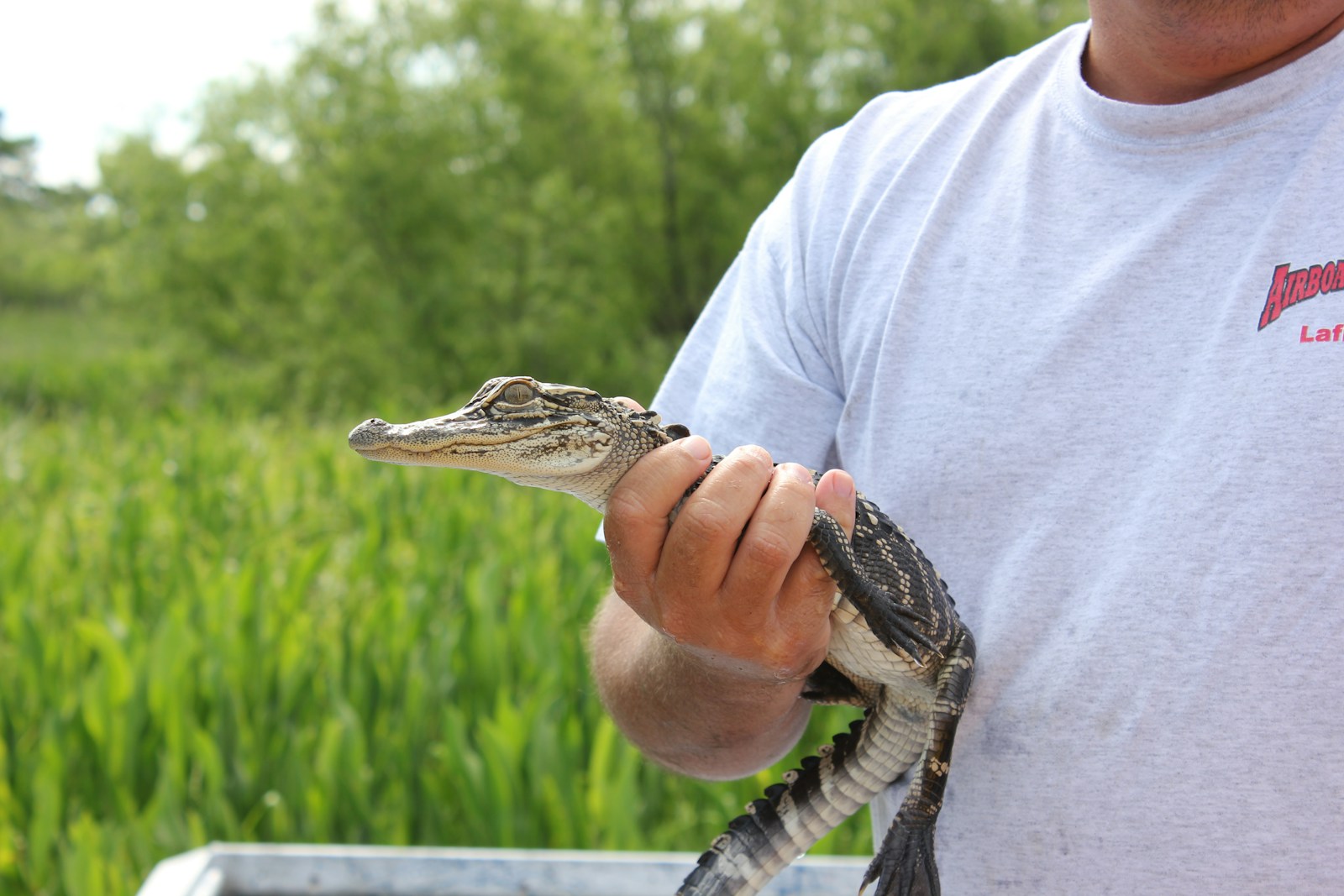
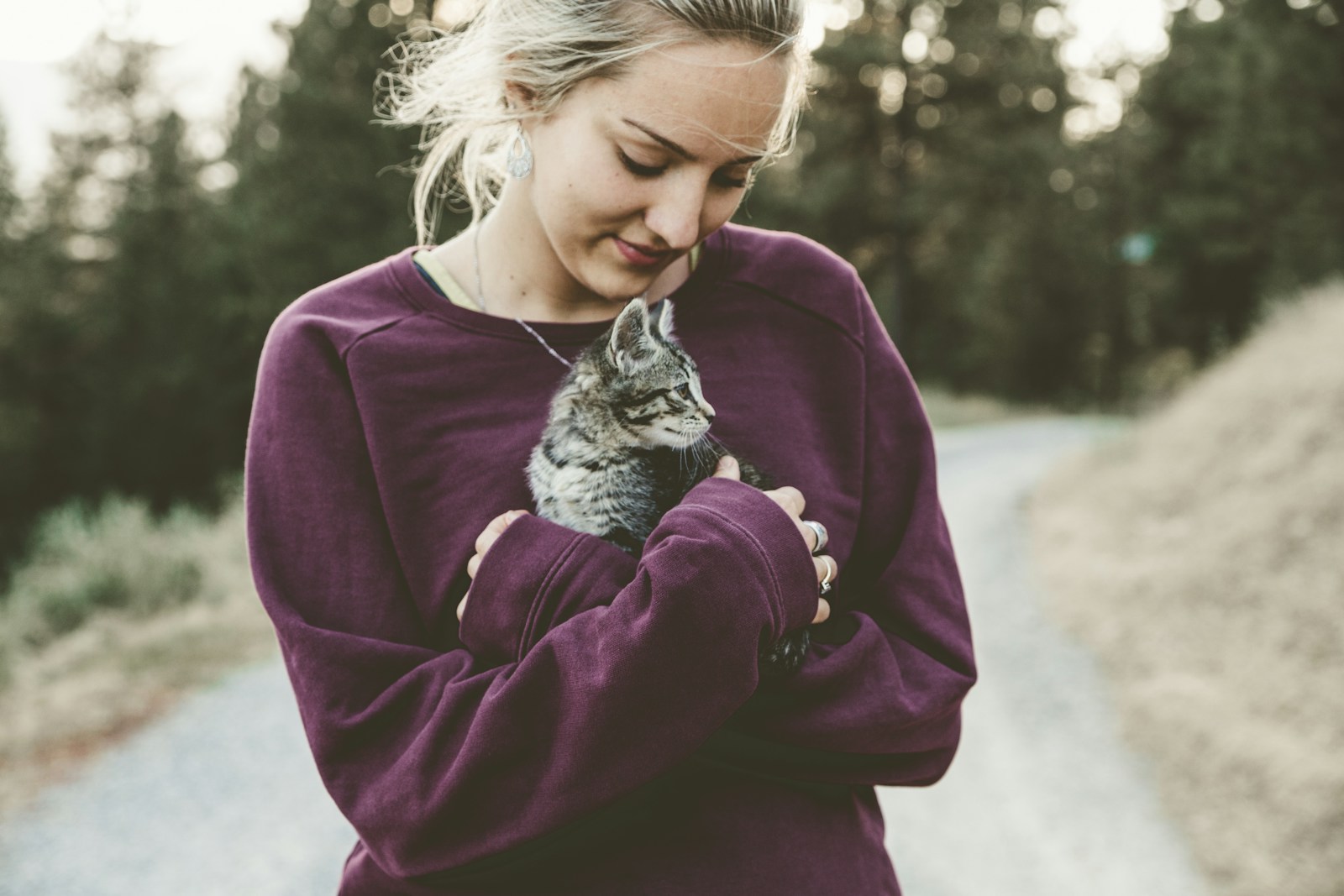
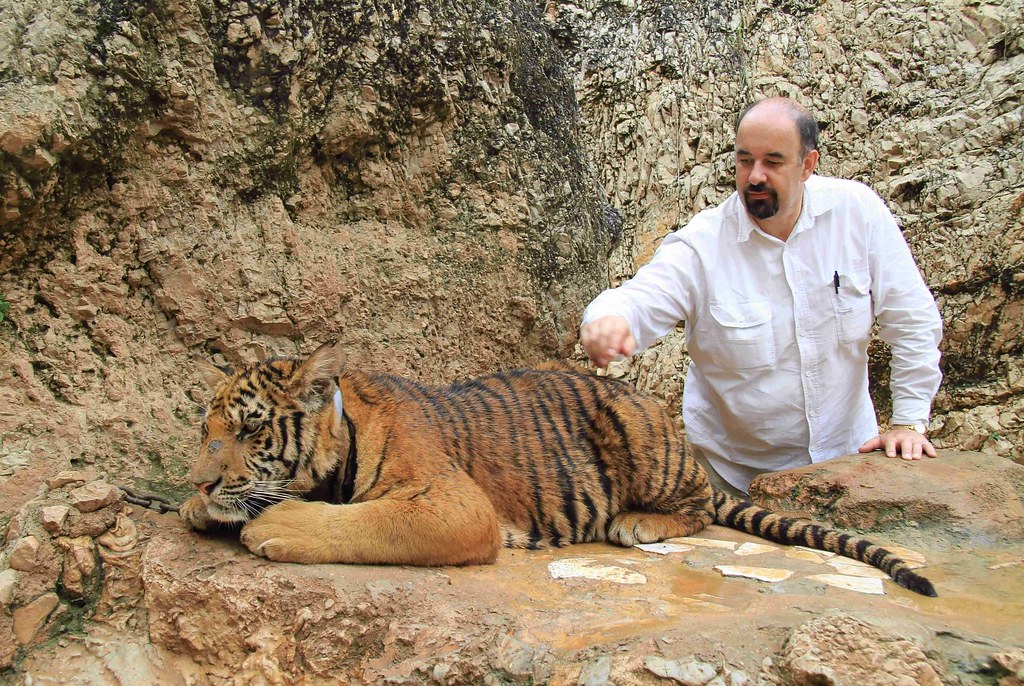

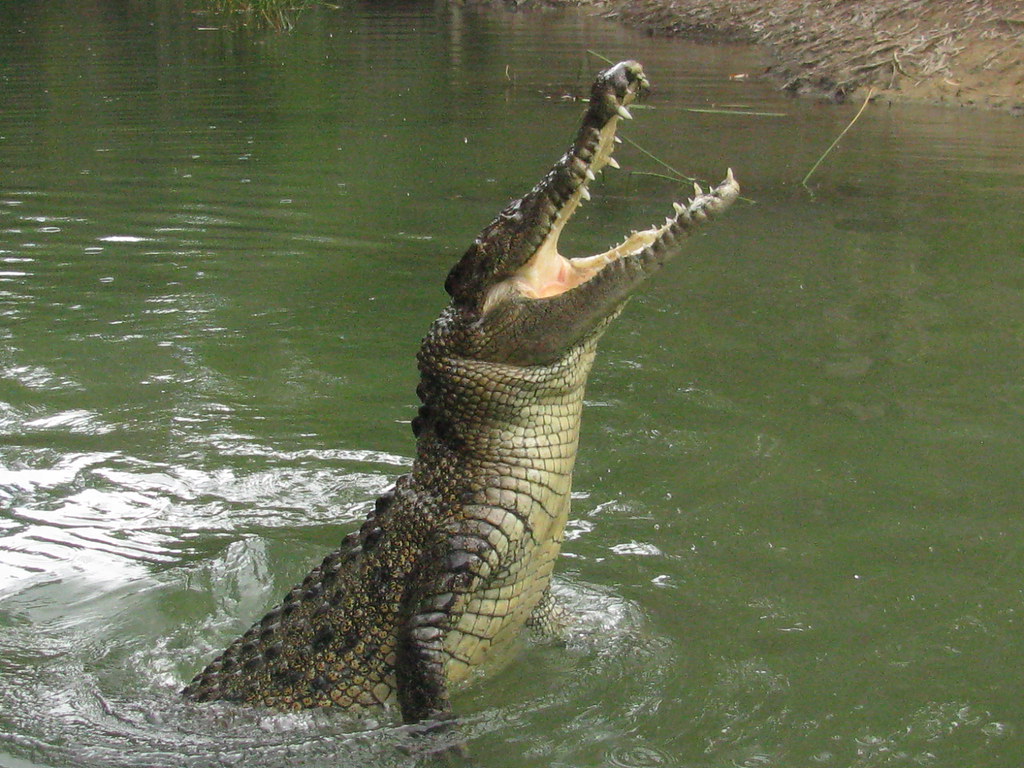
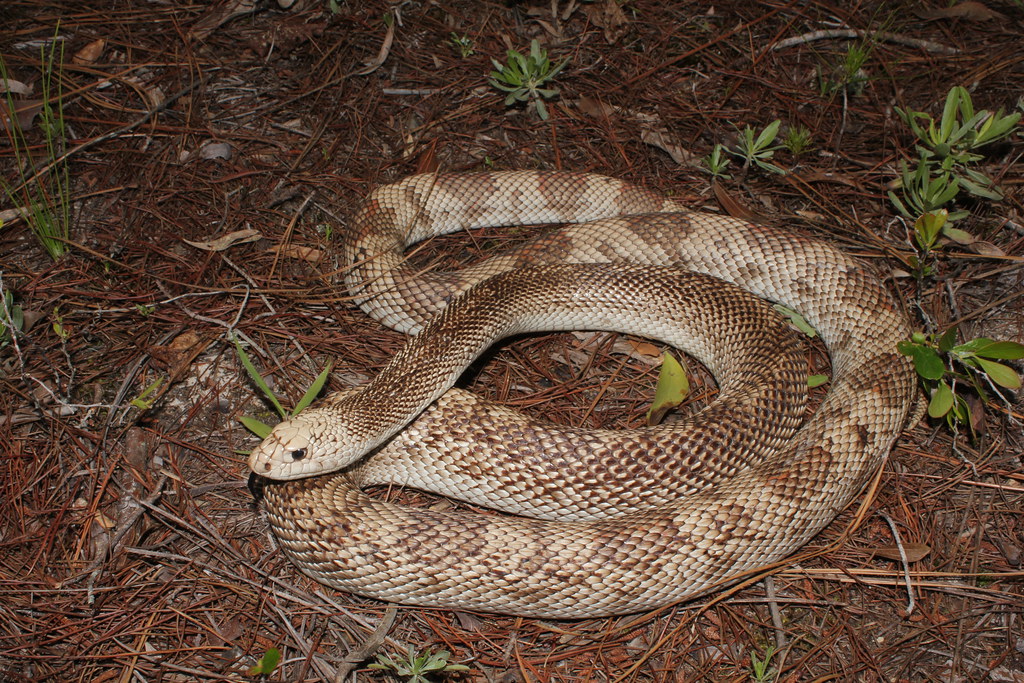

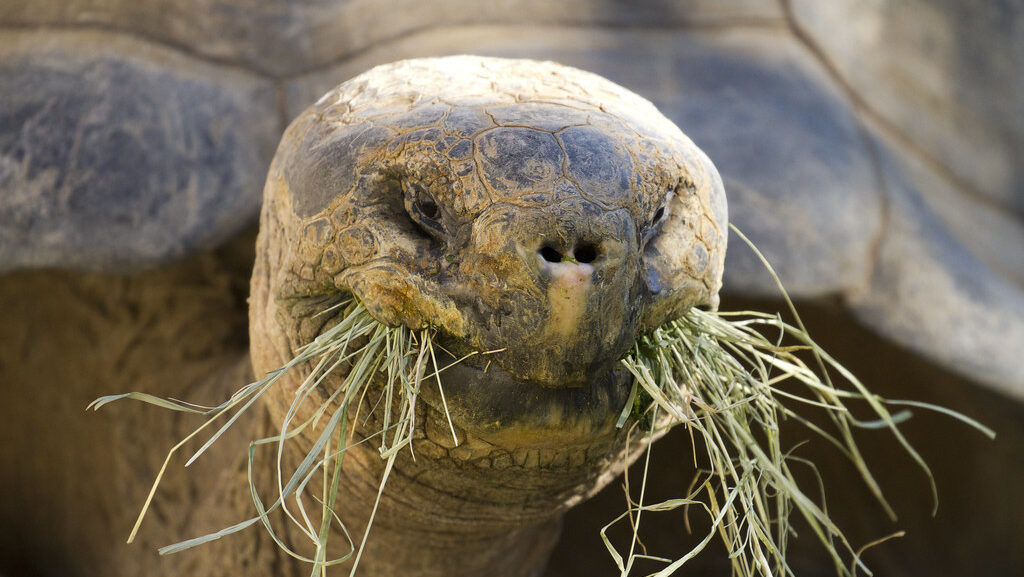
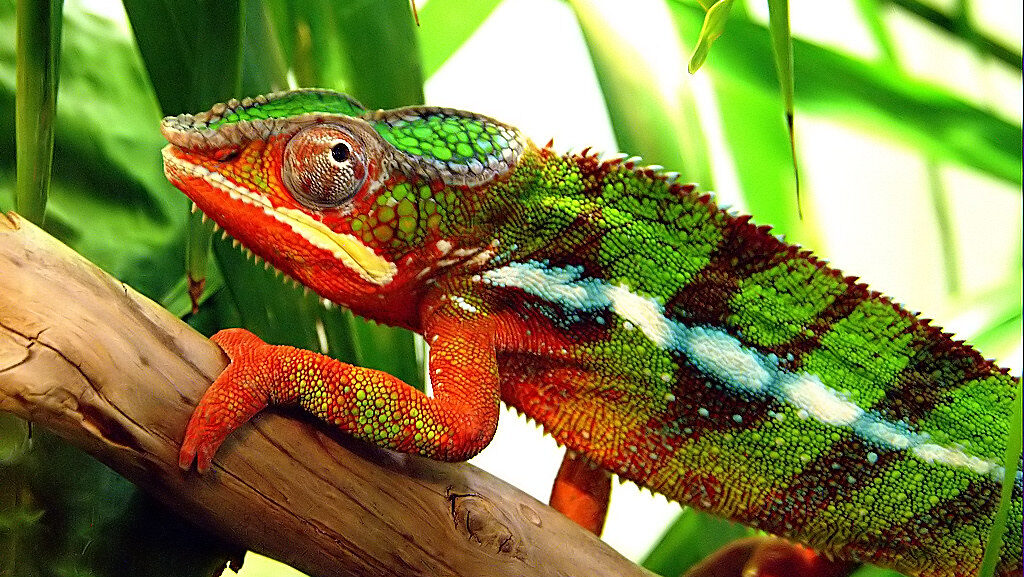
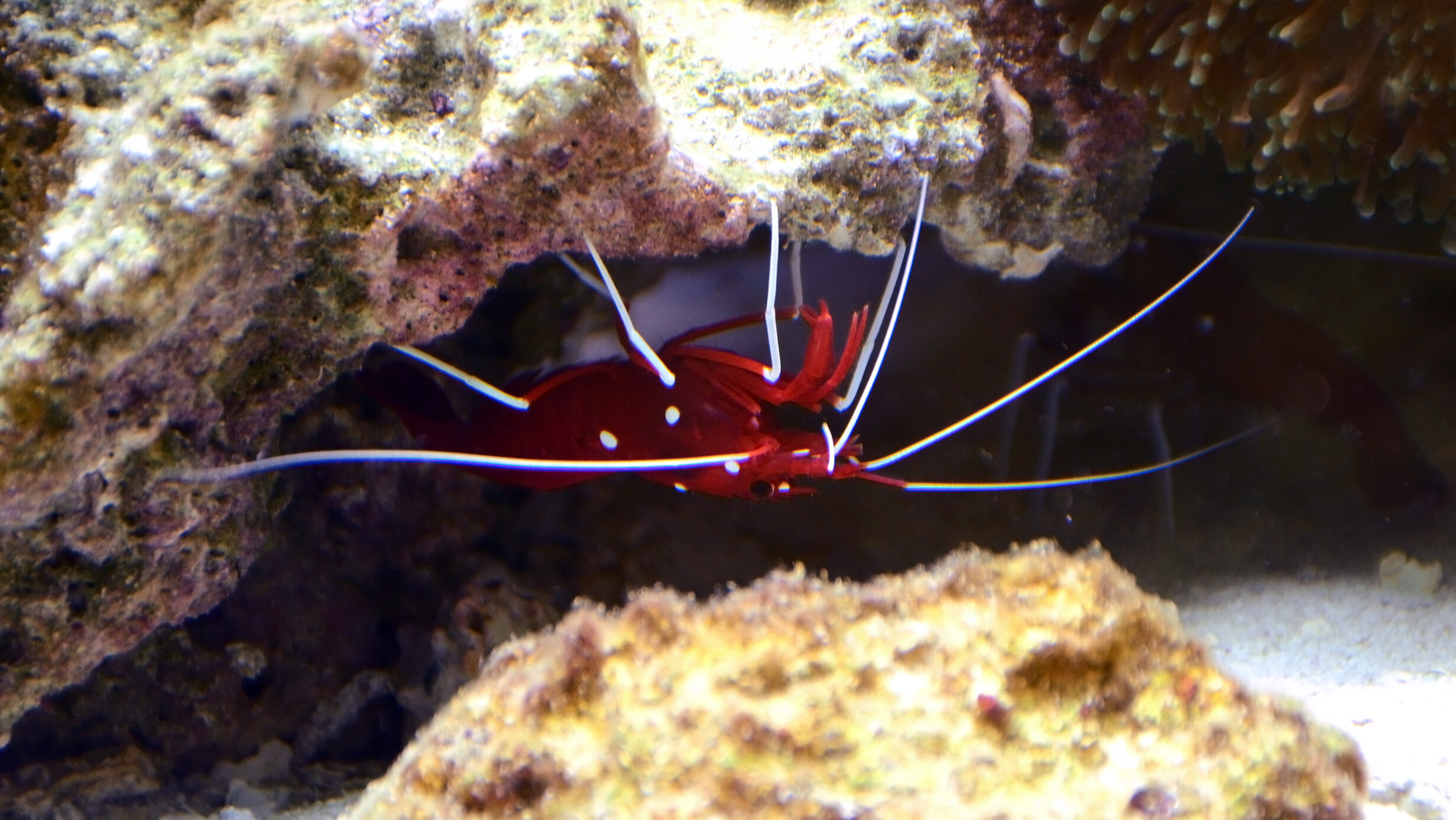
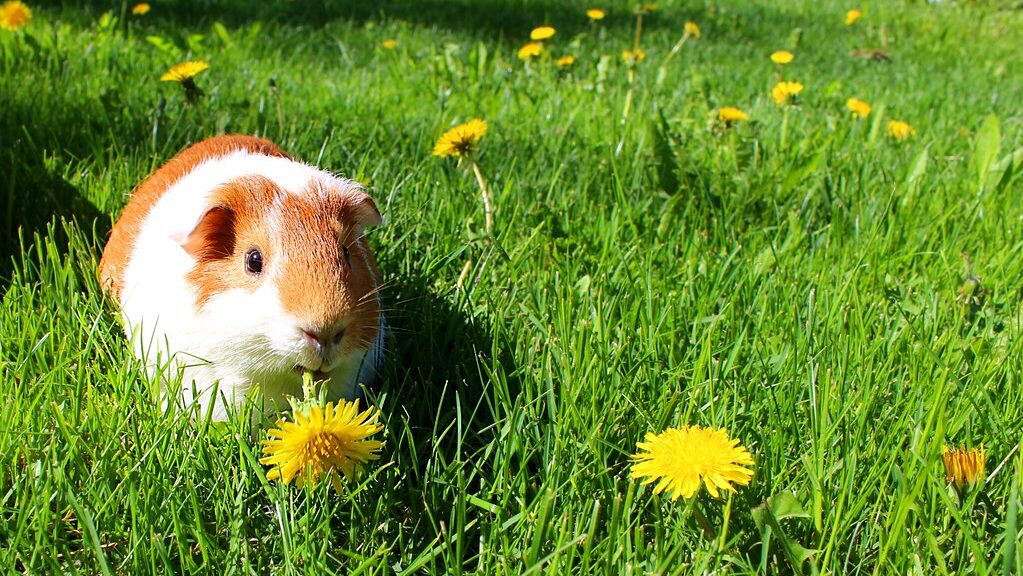
Leave a Reply